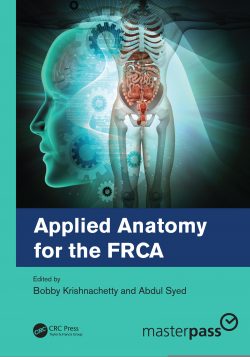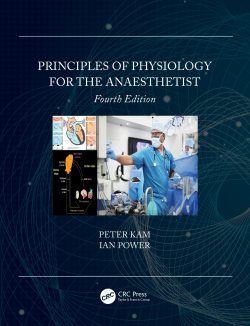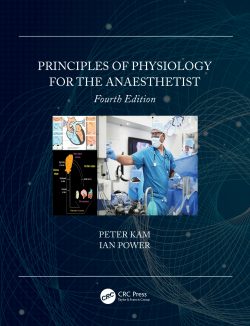This new book provides evidence based guidelines for the immediate clinical management of major trauma.It has been written by clinicians with many years of trauma experience, and endorsed as authoritative by Trauma Care (UK).
The UK now has highly effective trauma systems. Clinical developments include the introduction of damage control resuscitation, tranexamic acid, blood product resuscitation, novel hybrid resuscitation and an emphasis on the control of major external haemorrhage as part of a new ABCDE approach. Consequently, more individuals with major trauma are surviving than ever before. Optimal pre-hospital care is essential for improved survival rates and reduced morbidity.
Introduction
Acknowledgements
Abbreviations and acronyms
Contributors
1. Trauma: A global perspective
2. Safety
3. The incident scene
4. Communication in pre-hospital care
5. Mechanism of injury
6. The primary survey
7. Catastrophic haemorrhage
8. Airway management
9. Chest injuries
10. Shock
11. Entrapment and extrication
12. Head injury
13. Spinal injuries
14. Musculoskeletal trauma
15. Analgesia, sedation and emergency anaesthesia
16. The injured child
17. Trauma in pregnancy
18. Trauma in the elderly
19. Burns
20. Firearms, ballistics and gunshot wounds
21. Blast injuries
22. Trauma management in the austere pre-hospital environment
23. Mass casualty situations
24. Retrieval and transport
25. Handover and documentation
26. Law and ethics in pre-hospital care
27. Research and audit in pre-hospital care
28. Training in pre-hospital emergency medicine (PHEM)
29. Trauma systems
Annex A Practical procedures in thoracic trauma
Annex B Traumatic cardiac arrest
Index
“This book can be recommended for the scope of presentations ranging from bedside procedures to organization for mass casualty situations. It is well written, and the reference lists and index are quite helpful. As noted, there may be
some regional variation in prehospital practice. Nonetheless, this is an excellent overview of the pertinent issues.”
David J. Dries, MD(University of Minnesota Medical School).
Ian Greaves FRCEM FRCP FRCSEd FIMC FASI DTM&H DMCC DipMedEd L/RAMC. Consultant in emergency medicine, James Cook University Hospital Middlesbrough and Defence Medical Services UK
Col Ian Greaves was educated at the Manchester Grammar School and graduated from the University of Birmingham Medical School in 1986, training initially in general medicine. He joined the British Army in 1999 as a consultant in Emergency Medicine. He is a fellow of the Royal Colleges of Emergency Medicine, Physicians (London) and Surgeons of Edinburgh.
Between 2008 and 2014 he was Defence Consultant Advisor in Emergency Medicine and clinical lead for Pre-hospital Care for the three Armed Services. He deployed to both Iraq and Afghanistan. Col Greaves was Honorary Surgeon to HM Queen Elizabeth II from 2011 to 2014 and was made Officer of the Order of St John in 2005. He is a fellow of the Royal Society of Arts and of the Royal Geographical Society and was made an honorary fellow of the Ambulance Services Institute in 2014 for services to pre-hospital medicine.
Col Greaves holds a personal chair at the University of Teesside. He currently serves as Chief Medical Officer of the Order of St John and of St John Ambulance and as an examiner for the fellowships in Pre-hospital Emergency Medicine and Emergency Medicine and for postgraduate degrees in trauma at Queen Mary University of London.
Col Greaves is the author or editor of textbooks on trauma, pre-hospital Care, major incident management and medical responses to terrorism and is editor of the journal Trauma. He is also a member of the Northern Region NHS Clinical Senate and has been actively involved in NHS clinical service provision reviews.
Professor Sir Keith Porter FRCS FRCSEd FRCEM FFSEM FIMC FASI. Honorary professor of clinical traumatology, University of Birmingham and consultant trauma surgeon, Queen Elizabeth Hospital Birmingham
Chris Wright DIMC FRCEM RAMC, Consultant in emergency medicine, Defence Consultant Advisor in Pre-Hospital Emergency Care. Imperial College Healthcare NHS Trust and Defence Medical Services





